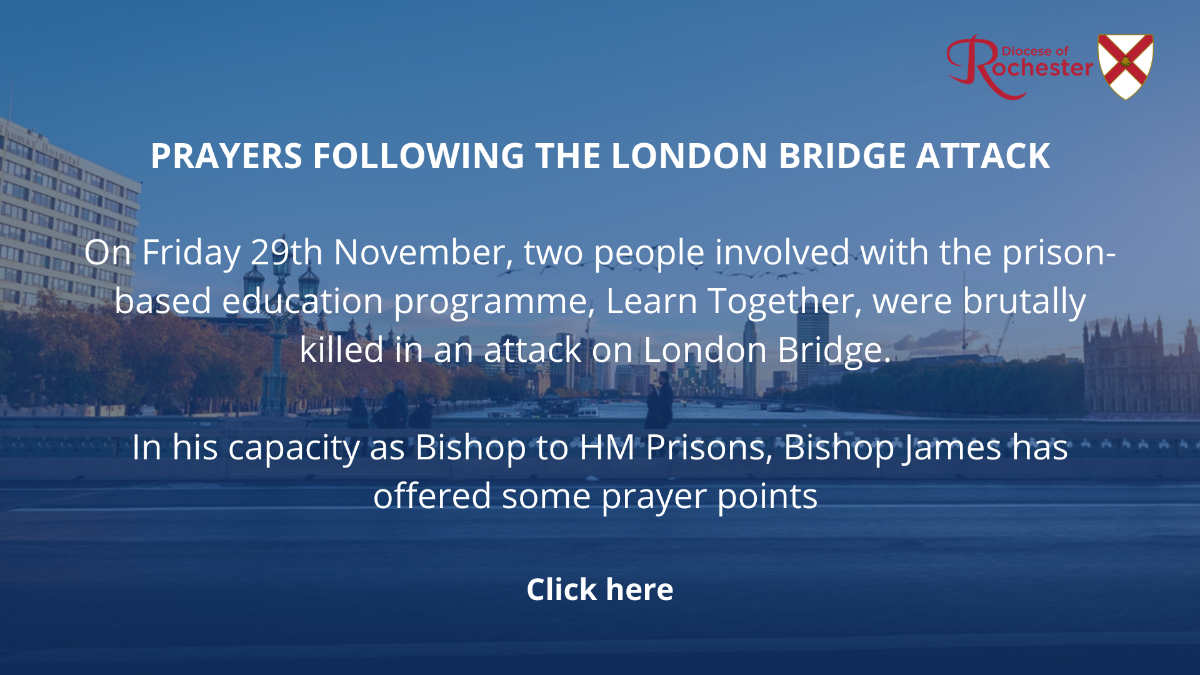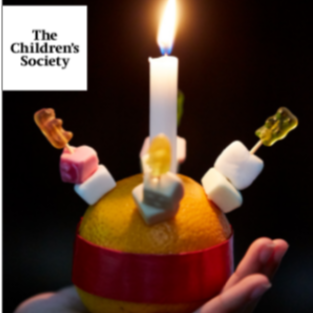“Believing in Jesus” or
“believing in his name” is such a familiar phrase that it can become mere jargon. (A person’s name stood for the whole of themselves in the ancient world, and often still does today, so these phrases are really the same.) . It can be no more than a box to tick on a survey identifying ourselves as part of the Christian “
tribe”. Some Christians treat it as if it is the “terms and conditions” we have to assent to in order to get our ticket to heaven. But John means us to understand far more and deeper things than this. The Greek word he uses, the one used generally for “
belief” in the New Testament, is
pistis, and it really means something more like trust than belief. It’s not so much about agreeing with some ideas
about Jesus – that he was the Son of God, or that he rose from the dead, for instance – as about being prepared to put yourself into his hands, living the way he lived, following in his footsteps. We can “
believe” that a parachute exists, understand how it works, feel its weight, even carry it on around on our backs. It is quite another thing, though, to jump out of a plane knowing that it is only the parachute which will stop us from plummeting to our deaths. That’s the kind of belief, trust, faith, which John is talking about here.
REFLECTION POINTS
•
Who do you trust in life, and why?
•
How do people earn your trust? Have you ever thought you could trust someone only to find yourself let down by them?
•
What does it mean to you to say that you “believe in Jesus”, if you do?
ALL AGE IDEA
•
Build a tower out of bricks, cards, yogurt pots, or whatever you have to hand. What makes it stable? What makes it more or less likely to fall down? As you build, think or talk about what makes someone trustworthy, the sort of person you can rely on.

























